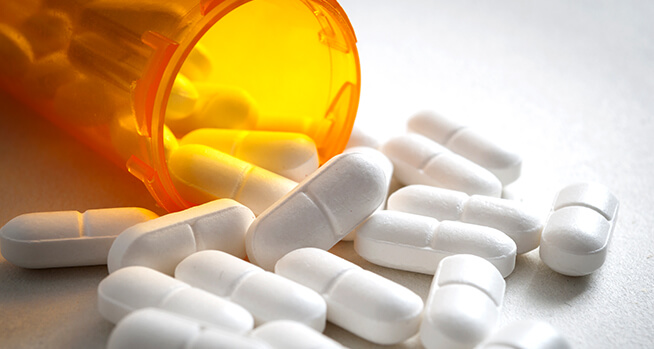Can My Doctor Prescribe Non-FDA Approved Drugs?
The Food and Drug Administration (FDA) is the government entity responsible for protecting consumers from defective and dangerous food, medications, cosmetics, medical devices and other products. The FDA works hard to evaluate new items for potential health or safety concerns, as well as to warn the public of known risks.
Although the FDA is not perfect, most of the drugs it approves are safe for consumption. FDA approval generally means the drug is safe and effective. The FDA warns consumers not to use unapproved drugs, as they could contain issues that pose health risks. If your doctor prescribed a non-FDA approved drug and you suffered serious side effects, you may have a claim against your physician and the drug manufacturer.

The FDA’s Drug-Approval Process
FDA-approved drugs have passed federal safety regulations. The FDA has an in-depth process for developing, testing and approving new drugs. It involves lengthy evaluations, risk vs. benefits analyses, drug tests, data and research. If a drug receives the FDA’s approval, it means the federal government has evaluated the medication and deemed it reasonably safe for consumers. However, FDA approval does not guarantee patient or consumer safety.
Even FDA-approved drugs can contain defects that make them dangerous. Some drugs may cause life-threatening side effects the manufacturer concealed from the FDA during the evaluation process, for example. In these cases, product liability claims could enable injured consumers to receive compensation for their damages. A case against the drug maker or distributor may end in financial recovery.
Is Prescribing an Unapproved Drug Legal?
It is illegal for drug companies to market drugs in the U.S. without first obtaining FDA approval. Unapproved drugs could pose serious public health concerns. They may not conform to the government’s standards in terms of health or safety. However, many companies still manage to create and sell non-FDA approved drugs – many of which end up written on doctors’ prescription pads.
For example, drugmakers often mimic approved drugs and create knockoff versions that do not have FDA approval. Technically this is legal, as long as the manufacturer provides research proving the drug’s safety and efficacy. Over the last several years, the FDA has cracked down on unapproved drugs, banning some medications with proven serious side effects for consumers. However, thousands of unapproved drugs remain on the market.
Unapproved drugs exist in a gray area in U.S. law. Although it is not illegal to prescribe non-FDA approved drugs, it is also not viewed as best practice. If a doctor prescribes an unapproved drug, he or she could face civil liability for the patient’s injuries, illnesses, side effects or death upon taking the drug if the physician reasonably should have known of the potential health risks due to the lack of FDA approval.
Filing a Claim for a Dangerous Drug
It may be possible to file a defective product lawsuit after taking a dangerous non-FDA approved drug in California. The manufacturer of the drug could be liable for illegally marketing an unapproved medication. Your physician could also be liable for prescribing a medication the FDA did not authorize to treat your condition.
Your physician might not be guilty of criminal charges in prescribing you a non-FDA approved drug, but he or she could still be civilly liable for your damages. A physician’s must protect patients by providing adequate medical care. Prescribing a potentially dangerous drug is a breach of this duty that could lead to liability for a patient’s related injuries.
You or your attorney must bring a medical malpractice claim against your physician for prescribing a dangerous drug within three years of the injury or one year of discovering the injuries. A lawyer could also help you file a product liability claim against the drugmaker in pursuit of additional damages. Discuss your unique case with a local personal injury lawyer to understand your legal options.

